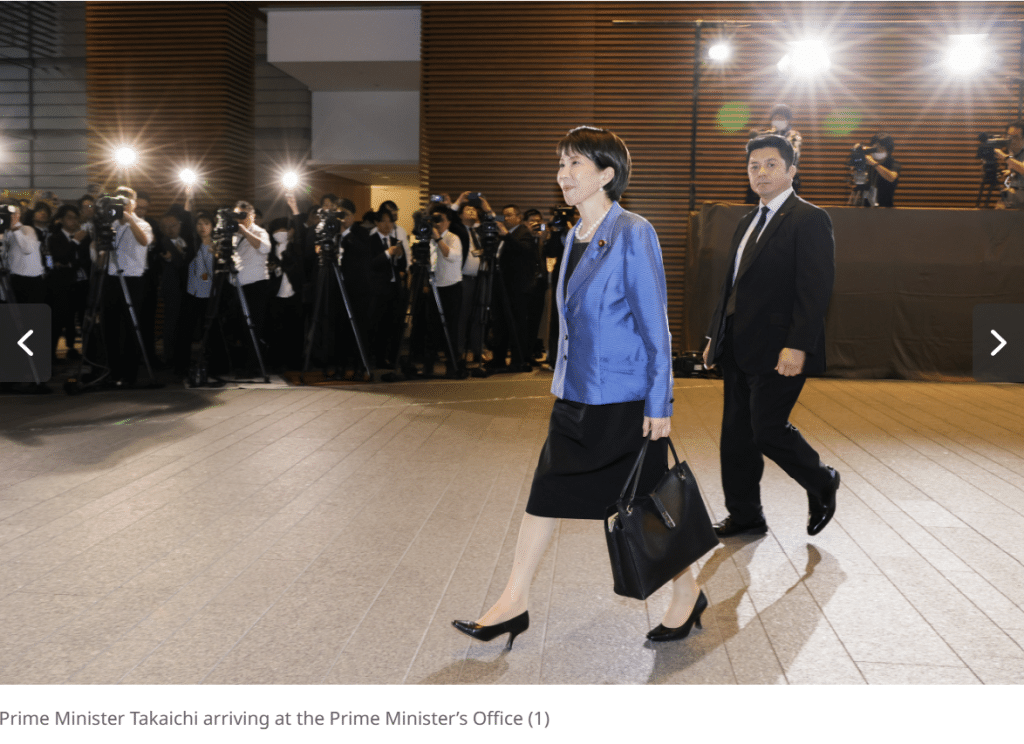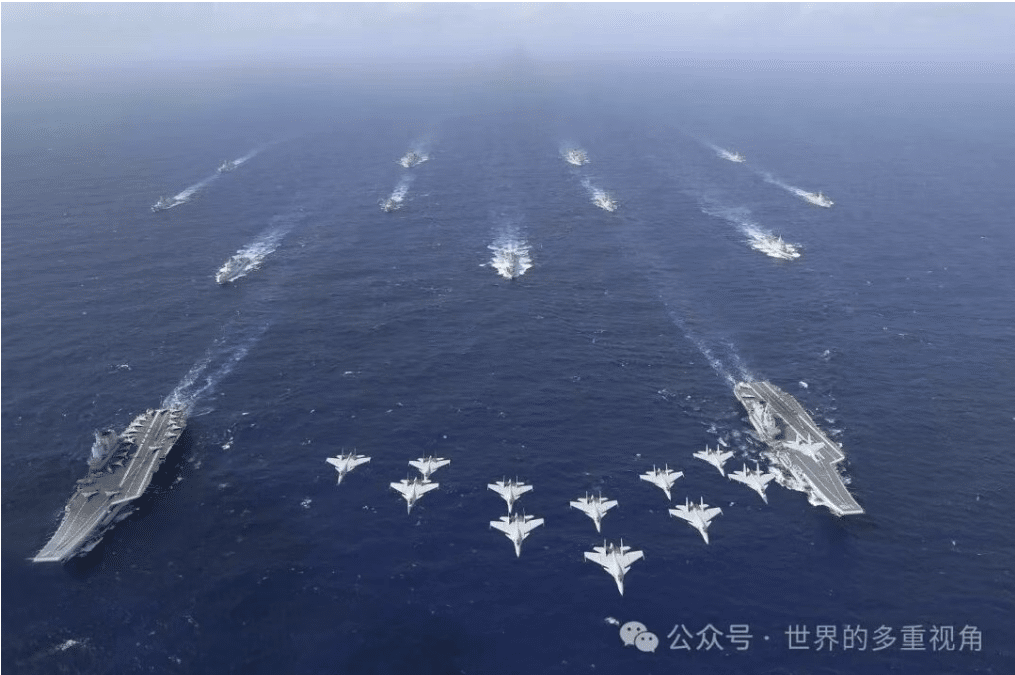Interview with Thomas Fingar on COVID-19
Amid the outbreak of Convid-19, the US-China Perception Monitor has conducted a series of interviews on this topic. We will discuss with experts on China’s handling on this crisis, the implications to the US-China relations and its global strategy. The following interview is with Professor Thomas Fingar, a distinguished scholar at Stanford University and a former government official.
Thomas Fingar is a Shorenstein APARC Fellow in the Freeman Spogli Institute for International Studies at Stanford University. Fingar left Stanford to join the State Department in 1986. He served as the Chairman of the National Intelligence Council until December 2008.
How do you comment on China’s handling on this crisis from the beginning to this date?
Fingar: China’s handling of the coronavirus crisis has been uneven. Beijing’s actions and dissemination of information have been better than was the case with SARS, but that is a low bar. To this outsider, it appears that medical professionals in Wuhan had difficulty persuading officials in the city/province of Hubei that the new virus could be a serious problem, that local officials were both slow and ineffective in communicating “bad news” to Beijing, and that officials in Beijing were slow in taking the problem to top leaders. The response also revealed deficiencies in epidemiological reporting practices and mechanisms and patterns suggesting problems of both accuracy and transparency. In my view, Beijing should have involved international health professionals and organizations more quickly than it did. That said, I have no doubt that officials and medical personnel at all levels did all that they thought possible to limit the spread of the disease and provide assistance to those infected. I am not qualified to judge the utility of specific steps like the lock-down of Wuhan or closing of factories in Beijing, but I am sure that officials thought they were doing the best thing to protect public health.
What impact does the coronavirus have on the US-China relations? Is it yet another problem or an opportunity?
Fingar: I do not think the virus and the way it has been handled will have an adverse effect on US-China relations but there have been lost opportunities. Washington should have offered more assistance immediately, Beijing should have accepted at least some of what was offered, and joint research teams (including people from other nations as well) should have been established and put to work immediately to tackle the hard problems associated with the disease.
There are discussions on whether China will become less ambitious on the global stage because of the virus. What is your take on this?
Fingar: I doubt that the virus will have a direct or immediate impact on China’s global ambitions and actions but it is likely to force Beijing to devote more attention and resources to the public health system because the people will expect and demand that. Doing so will limit what can be done to address other pressing and difficult policy challenges.
As a global community, if we learn something from this crisis, what would your lesson be?
Fingar: The crisis is a reminder that we are all citizens of the same world and that our fates are inextricably interconnected. That reality should persuade us to transcend parochial and nationalistic thinking more often than it does.
Interview by Juan Zhang








